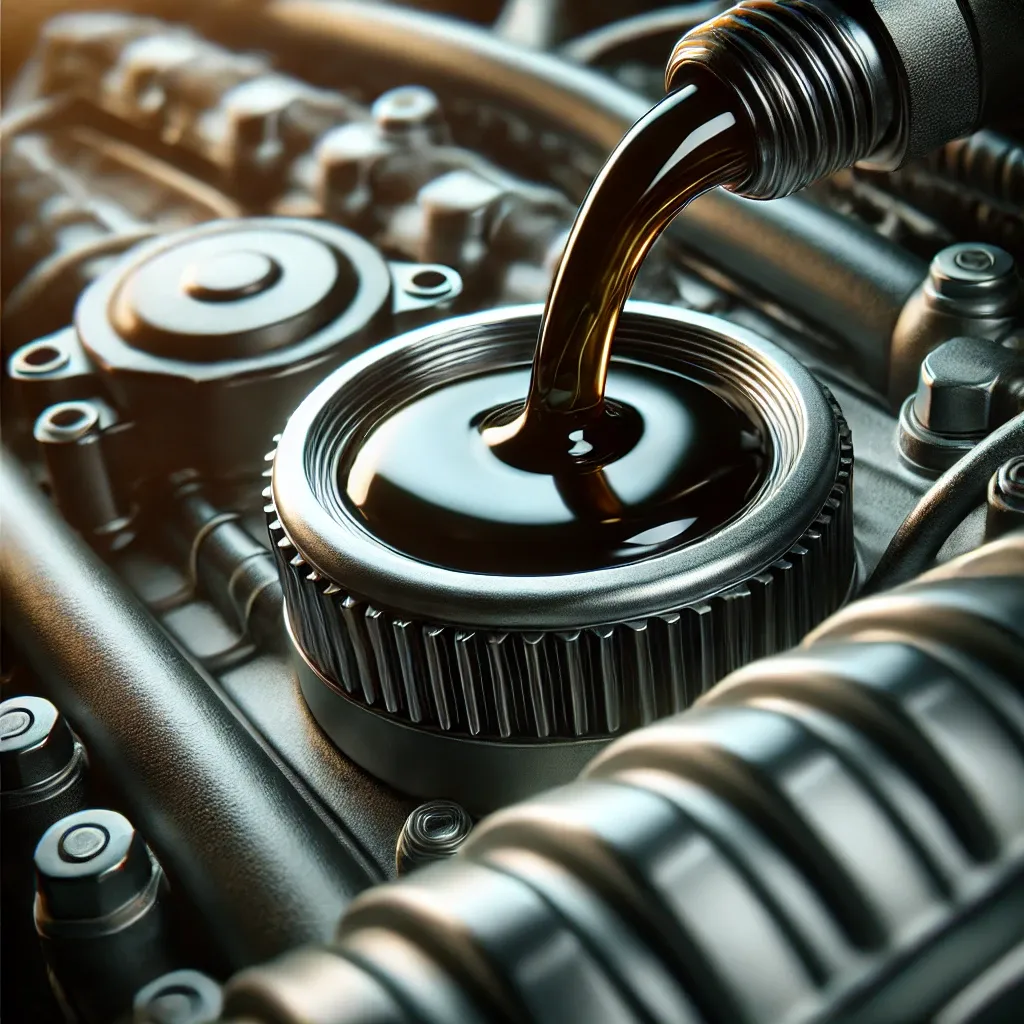Ever wondered what happens if you eat engine oil? What are the consequences of ingesting such a toxic substance? Find out why it’s a dangerous practice and what steps to take for immediate action.
Reasons for Eating Engine Oil
While it’s quite rare for someone to intentionally consume engine oil, there are several reasons why this might occur, often inadvertently. Understanding why people might end up ingesting engine oil can help in preventing such hazardous accidents. In most cases, it’s due to a lack of awareness, curiosity, or mischief. Children, for instance, may be attracted to the shiny, slick texture of engine oil, leading them to touch or even taste it. Additionally, adults may accidentally ingest engine oil while handling machinery or working on motorbikes without proper hygiene practices, such as not washing hands before eating or drinking.
However, engine oil is specifically designed for use in vehicles, not for human consumption. It contains a variety of harmful chemicals and metals that can be toxic when ingested. Here’s why it should be avoided:
-
Toxic Components Engine oil contains various chemicals, including heavy metals like lead, cadmium, and zinc, which are harmful if ingested.
-
Carcinogenic Properties Some of the compounds in engine oil are known carcinogens, meaning they can increase the risk of cancer if absorbed into the body.
-
Digestive Problems Eating engine oil can lead to severe digestive issues, such as nausea, vomiting, diarrhea, and abdominal pain.
In rare cases, individuals with a fascination for unusual substances might deliberately try to consume engine oil. However, this is a dangerous and misguided practice.
When Eating Engine Oil Happens: Immediate Steps to Take
If you or someone else accidentally ingests engine oil, it’s important to act immediately. Engine oil is not meant to be digested, and consuming it can lead to serious health issues. Here are the first steps you should take in case of ingestion:
-
Stay Calm Panic can make things worse. Try to remain calm and assess the situation.
-
Do Not Induce Vomiting Unlike with some other toxic substances, vomiting may cause more harm, as it could push the engine oil back into the airway, leading to choking or aspiration pneumonia.
-
Seek Immediate Medical Help Contact a poison control center or visit the nearest emergency room. Medical professionals can administer activated charcoal or other treatments to help reduce the effects of the ingestion.
-
Drink Water While you should not induce vomiting, drinking small sips of water can help dilute the oil and possibly reduce its impact on your stomach lining.
-
Observe for Symptoms Watch for signs of poisoning, including dizziness, confusion, or difficulty breathing. If these occur, immediate medical attention is crucial.
The ingestion of engine oil should always be treated as a medical emergency. Even if the person does not show immediate signs of poisoning, professional evaluation is essential.
The Costs of Eating Engine Oil: Medical and Repair Considerations
Aside from the physical risks, there’s also the question of costs—both medical and mechanical. While the human body doesn’t require repairs like a vehicle does, ingesting engine oil can lead to costly medical treatments. Here’s a breakdown:
-
Hospitalization If you ingest engine oil and require medical intervention, you may need to be hospitalized. This could involve tests, treatments, and possibly a stay in an intensive care unit (ICU), depending on the severity of the poisoning.
-
Emergency Treatment Immediate treatments like activated charcoal, intravenous fluids, and other medications can add up quickly. These treatments are typically administered in a hospital setting and can be quite expensive.
-
Follow-Up Care Even after the immediate emergency is dealt with, there may be follow-up appointments, medications, or further treatments to ensure full recovery.
On the mechanical side, it’s important to note that if engine oil is accidentally spilled or ingested by an animal or child, there could also be long-term environmental or cleanup costs. Cleaning up spilled oil can be expensive and complicated, especially if it spreads into soil or water sources.
Conclusion
Ingesting engine oil is a dangerous and hazardous practice that should never be attempted. Whether it happens accidentally or as part of a misguided experiment, the effects can be severe. From poisoning to costly medical interventions, it’s crucial to recognize the dangers of engine oil and take immediate action if exposure occurs.
While it’s rare for someone to eat engine oil intentionally, it’s still important to be vigilant—especially when dealing with children or when handling motor vehicles. Always ensure that engine oil is stored securely, and take the necessary steps to avoid exposure to this toxic substance.
Remember: Stay safe, and never ingest engine oil. If an accident does happen, seek medical help right away.






